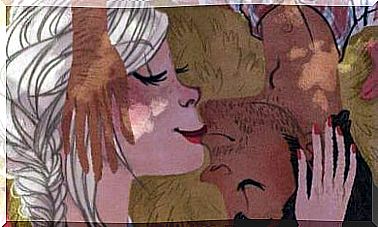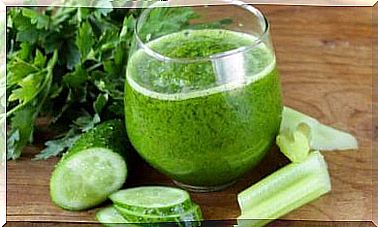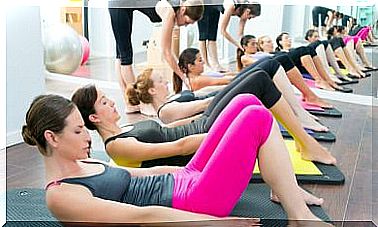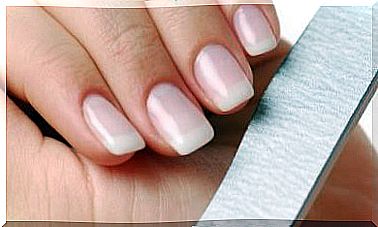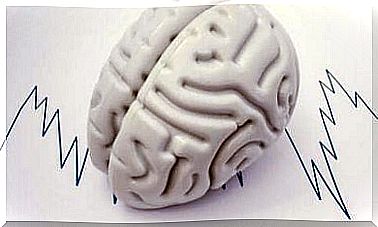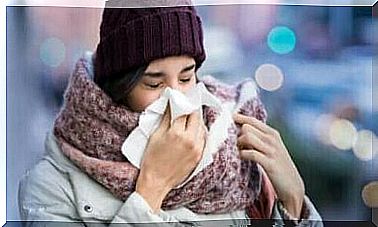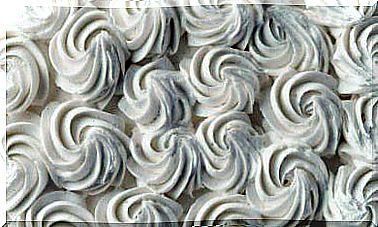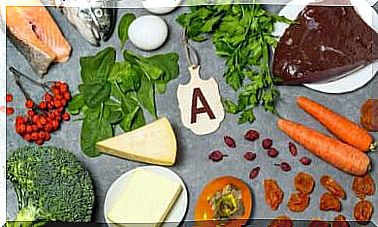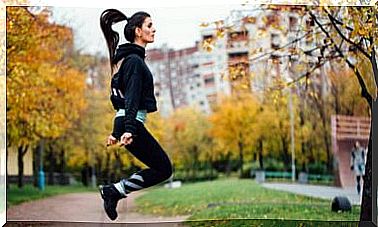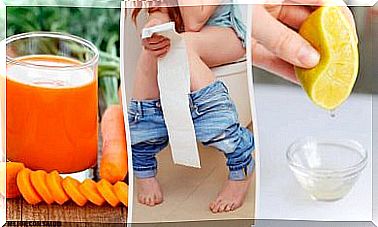Diet After Cholecystectomy Or Gallbladder Removal
Your doctor will most likely give you a list of recommendations, however, we will give you more clues as to what you should eat after gallbladder removal.
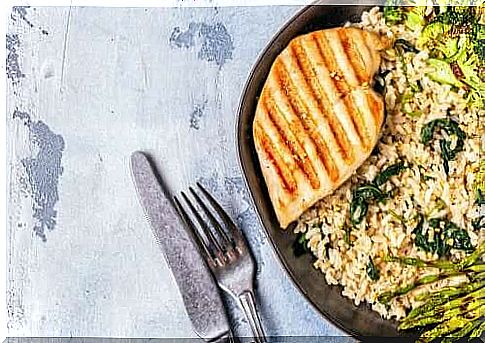
Have you had your gallbladder removed or are you due to have it removed soon? When this situation arises, it is common to have doubts about what diet to follow next. It is very likely that your doctor will give you a list of recommendations .
To help you with the process, we’ve put together a list of recommendations when it comes to dieting. You will find that although it is a somewhat restrictive diet, it is not impossible to follow it.
We are sure that if you follow these recommendations, you will return to a completely normal and fearless life. What are you waiting for? Take note and don’t worry.
Gallbladder and cholecystectomy
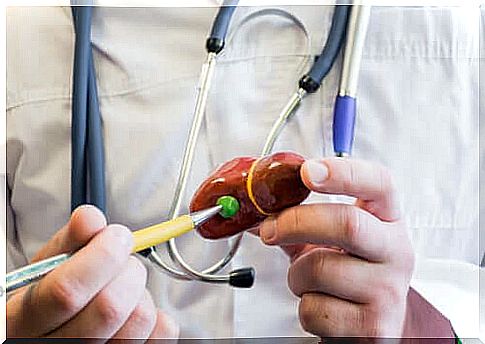
The first thing you need to know is that the gallbladder is a small organ that is not essential for your daily life. Its function is to store the bile produced by the liver to digest the fats that you consume.
Experts from the Spanish Digestive System Foundation comment that “ although its function is important, it is possible to live without a gallbladder ”.
When the gallbladder cannot function properly (due to gallstones or polyps), the doctor may consider cholecystectomy, which is a common surgery today.
For their part, experts from the Mayo Clinic note that “most people do not have digestive problems after a cholecystectomy. The gallbladder is not essential for healthy digestion . ”However, there are certain guidelines of the doctor regarding diet that should be taken into consideration.
Foods Allowed After Cholecystectomy
To make your food choice easier, we’ll start with a list of permitted foods. This will allow you to have a diet that allows you to be satisfied while avoiding health problems.
Cooked vegetables
Eating vegetables is important at all times. When you don’t have a gallbladder, you need to keep your gut clean. In this sense, cooked vegetables are easier to process and will help reduce the acidity caused by bile.
The risk with raw vegetables is that they are more difficult for your stomach to digest. This is because although they provide the same amount of fiber, it is best not to complicate the functioning of your intestines. Here are the recommended foods:
- Peppers
- Green leafy vegetables
- Broccoli
- Cabbage
- Carrots
- Cauliflower
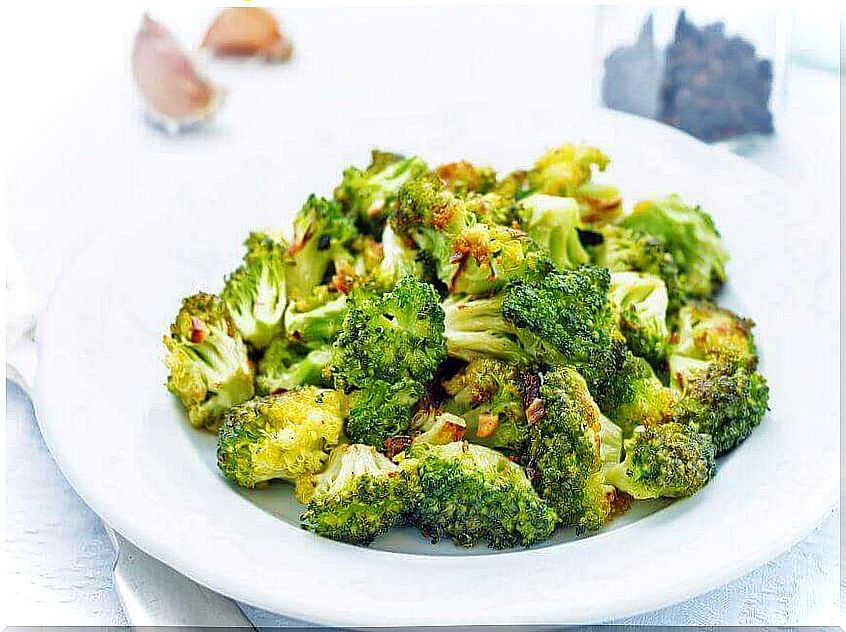
Foods rich in soluble fiber
Consuming soluble fiber reduces the negative impact of acids in the stomach, according to a study published in 2019. This nutrient helps eliminate bile more efficiently and quickly. The best examples are:
- Apple
- Beans
- Brussels sprouts
- Carrots
- Blueberries
- Banana
- Lentils
Lean protein
There is a belief that we should avoid meats when we have no gallbladder left. But this is half wrong. It is obviously necessary to avoid meats which contain fat, natural or fried.
V ou can still consume lean proteins occasionally. Here are the ones we recommend: turkey ham, lean slices of veal, chicken and turkey, fish and eggs.
In fact, the consumption of this type of food is recommended. Protein intake helps maintain muscle mass and body composition, according to an article published in the journal Nutrition Reviews.
Healthy fats
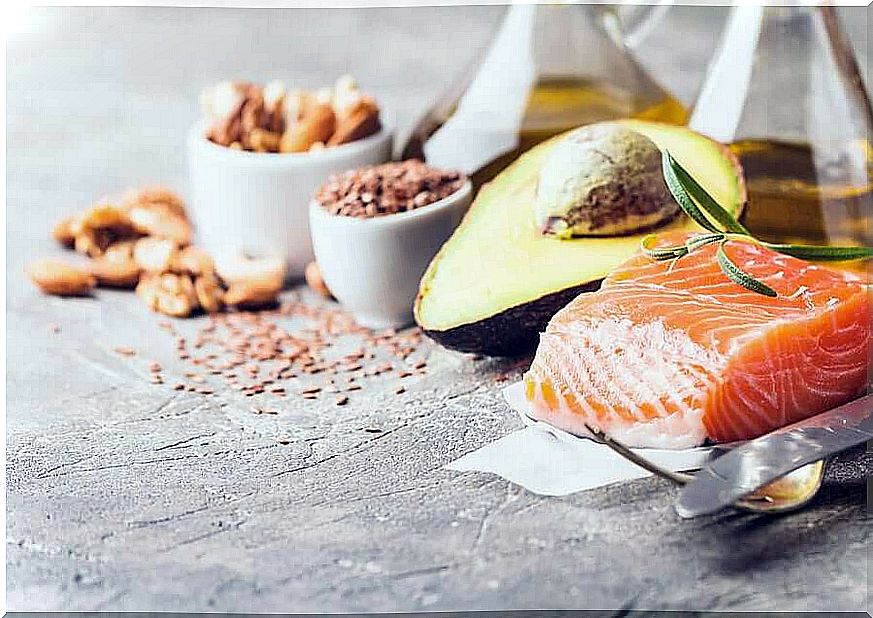
Even though your body will experience a decrease in its ability to process fat after gallbladder removal, it is necessary. However, the fats you need are healthy and of good quality. An example is omega 3 fatty acids:
- Olives
- Flax and chia seeds.
- Fish (such as sardines and salmon).
- Almonds, nuts and other dried fruits.
Foods to Avoid After Gallbladder Removal
Now that you know what you can eat when you’ve had your gallbladder removed, it’s time to be clear on what you should avoid at all costs. While this sounds overkill, remember that the goal is to avoid unnecessary inconvenience.
- Fried Foods: These are the first foods you should eliminate from your daily life, especially if you don’t have a gallbladder. The fried foods contain fats that are difficult to digest, in addition to affecting your cardiovascular health.
- Foods that are too fatty: Although you should eat some fats, you should not eat them in excess. These can be natural but will cause acid reflux problems. Some examples are the bacon, the cheese very greasy , fatty cuts of beef and pork skin and chicken.
- Vegetable oils: although some vegetable oils provide omega 3 and 6, the ideal is to avoid them because cooking them makes them heavier on the stomach. It is therefore important to avoid foods that contain it, such as mayonnaise or sauces.
- Prepared Foods: Ready-to-eat foods found in supermarkets can seem like a simple solution to killing hunger. However, they also provide sugars, refined flours, and unhealthy fats that will make you feel bad quickly. These are cookies, bread, instant soups, fries, etc.
There you go, now you know how to take care of your body after gallbladder removal!
